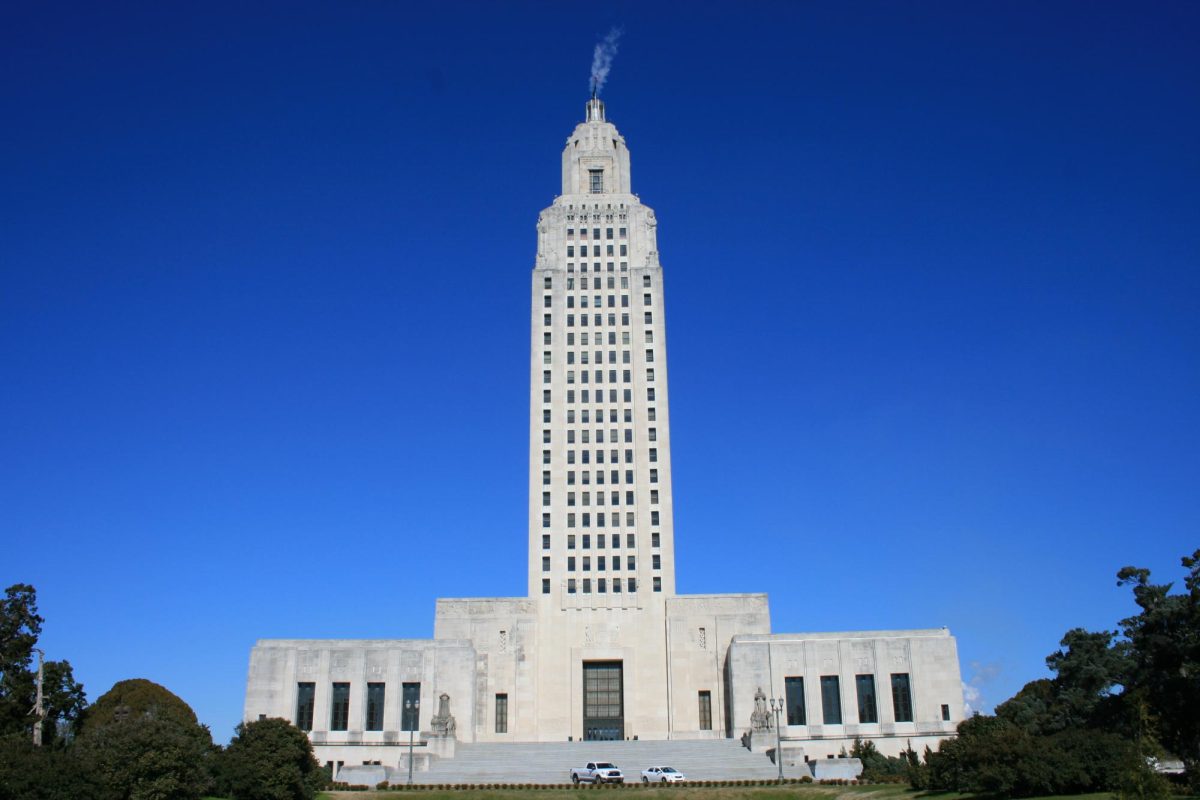Corruption has long plagued New Orleans politics. Throughout the years, New Orleans’ local government has been replete with scandals of bribery and corruption. Andrew Ward, assistant professor of political science and international development and one of my current professors, told me, “Having lived in 30 or more developing countries, I can say that some New Orleans agencies are even more corrupt.” But why is corruption so rampant in a city like New Orleans, and what can we do to curtail it?
Corruption, unfortunately, is sometimes seen as an unavoidable political reality by New Orleanians. Some may remember the 1991 Louisiana gubernatorial election, won by former Gov. Edwin Edwards, who embraced his corruption, successfully marketing himself as the lesser of two evils between him and the notoriously racist and antisemite David Duke. Under fire for allegations of bribery and fraud, Edwards used the tongue-in-cheek slogan “Vote for the Crook, It’s Important,” and won the election and a fourth term as governor.
The curse of corruption carried into the 21st century. In 2009, former Rep. William J. Jefferson was sentenced to 13 years in prison for bribery and fraud. In 2010, former state legislator Sen. Derrick Shepherd was sentenced to 37 months in prison for his role in a money laundering conspiracy. In 2014, former New Orleans Mayor Ray Nagin was convicted and sentenced to 10 years in prison for wire fraud, bribery and money laundering.
Corruption in NOLA politics, unfortunately, remains strong today and even implicates the mayor herself. In September 2024, a building inspector was charged by federal investigators for allegedly bribing Mayor Latoya Cantrell with New Orleans Saints tickets and steakhouse dinners. Cantrell is also mentioned in the 2023 federal indictment of Jeffrey Vappie, a former New Orleans Police Department officer who worked on her security detail and reportedly took inappropriate trips overseas with Cantrell using taxpayer money. Cantrell has not been indicted in either case.
Widespread apathy and low civic engagement in New Orleans exacerbate the city’s corruption and contribute to a vicious cycle of declining public trust in government. New Orleans residents are not sufficiently engaged with local politics and are not empowered to pressure the government to root out corruption. Low political engagement is a state-wide issue. In 2023, only about 36% of registered voters in Louisiana cast their ballot in the primaries. This marked the lowest turnout in a Louisiana gubernatorial primary since 2011, when only 23% of registered voters cast their ballots.
The Orleans Parish in particular struggled with turnout. Primary election turnout in Orleans Parish reached around 27% in 2023, an 11% decline from the previous gubernatorial cycle, which was already low to begin with. Low voter turnout and corruption fuel a vicious cycle: Citizens refrain from voting due to a lack of trust in the government, which in turn reduces political accountability for corrupt officials, deepening public distrust.
Most New Orleans residents want an efficient and transparent government. But this requires public engagement, grassroots efforts and sustained pressure on government officials to properly execute their duties. One possible remedy is to increase the availability and ease of voting. For example, Oregon was one of the first states to utilize automatic voter registration to increase turnout. This program yielded moderate success by making voting easier, but it did not focus on changing societal attitudes that impact public participation in the civic process.
Another possible solution is civic education campaigns. These programs seek to educate and empower people to vote and engage in local politics, giving them a say in their own future. The Campaign to Promote Civic Engagement is a nationwide campaign that aims to incorporate civic education into elementary school curriculum, laying the foundation for increased civic engagement across our younger generations.
Both of these models have seen moderate success. Ultimately, a combination of education and expansion of voting access provides the best framework for increasing civic participation and voter turnout to counter government-wide corruption. As Tulane students, we should be engaging more closely with the political infrastructure of the city we call home, and helping to create positive change in the fight against corruption in the New Orleans government.



